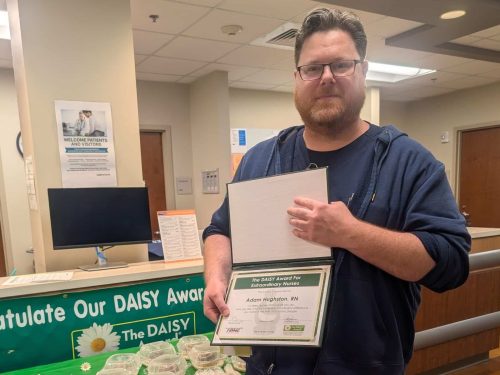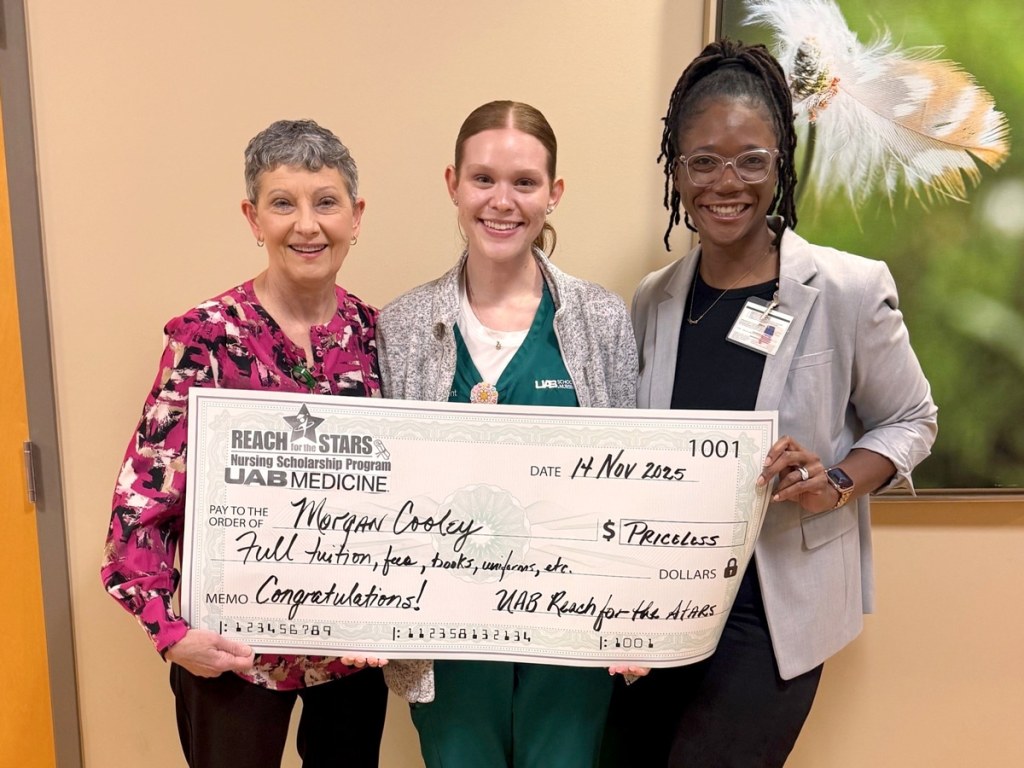The infectious disease specialists at UAB St. Vincent’s provide advanced care for infections and complex illnesses in children and adults.
Fever often occurs when the body is trying to fight an infection. If you are feeling unwell and have other symptoms such as chills and sweats, breathing trouble, skin rash, or a worsening cough, talk to your doctor. Your doctor may refer you to one of our infectious disease specialists, who treats the following types of infections:
- Bacterial
- Fungal
- Parasitic
- Protozoan
- Viral
Tell your doctor if you have been in contact with someone with a contagious disease. If you or your child is experiencing a life-threatening medical emergency, including high fever or shortness of breath, go to the nearest ER or call 911.
Infection control team
Our infectious disease specialists are part of a multi-specialty team that includes a pathologist, who helps identify the cause of your infection using lab tests and microscopic analysis. Our team treats infections that come from other people, food/water, and insect bites. Some examples include:
- Childhood illnesses such as chickenpox, measles, mumps, and whooping cough
- COVID-19, SARS, and other coronaviruses
- E.coli
- Hepatitis C
- Influenza (seasonal flu)
- HIV
- Lyme disease
- Malaria
- MRSA
- Rocky Mountain spotted fever
- Salmonella
- Sepsis
- Shingles
- Tuberculosis (TB)
Disease management
Some infections are related to other diseases or procedures. Our infection specialists work with other doctors to coordinate infection care for complex health conditions, such as cancer, heart and lung conditions, organ transplantation, and surgical recovery. Your care team will work with you to monitor your health for possible infection and provide advanced care if an infection develops.
Infection prevention when traveling
Having up-to-date vaccinations can help protect you and your family from infectious diseases while traveling, so talk to your doctor about preventive care before you visit certain parts of the world. We can help you prepare for and be able to recognize the signs of infection in high-risk environments. These include regions with increased risk for mosquito and tick diseases or illness from foods and unpurified water.
Recent News
View All News



